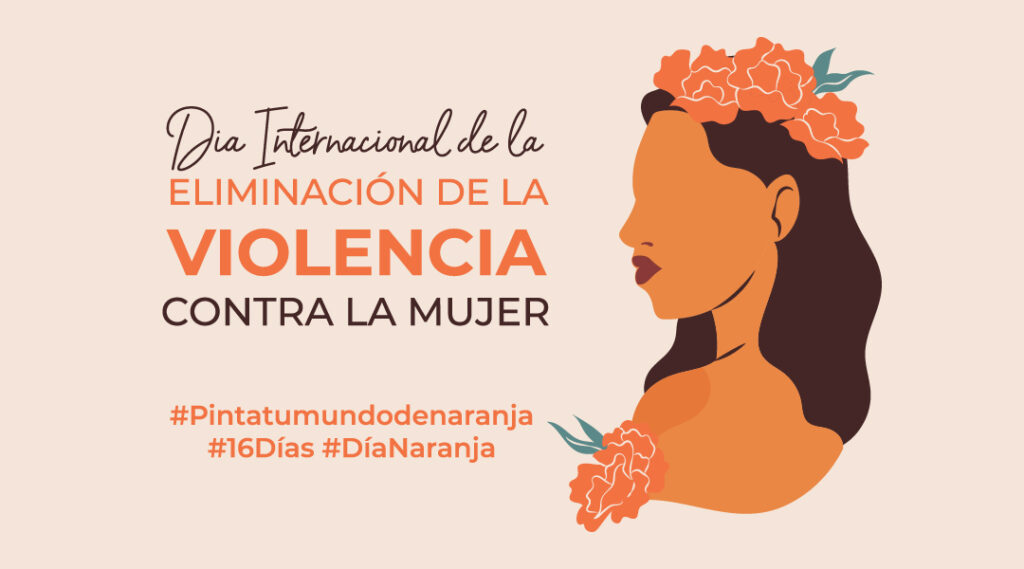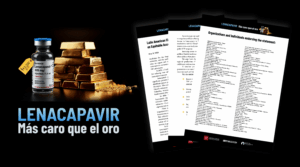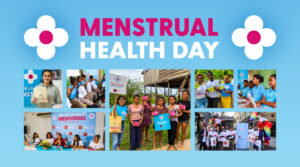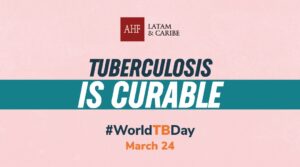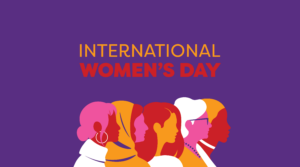According to AHF estimates, 1 in 10 rapid HIV tests in women are motivated by sexual assault.
To measure the impact of gender violence on the well-being of women in Latin America and the Caribbean, as shown, one button is enough: One in 10 cisgender or trans women who went to the AIDS Healthcare Foundation to take an HIV test this 2022 In one of the 12 countries in the region where services are offered, they indicated having been raped or in a non-consensual relationship as a reason for taking the test.
Given this panorama, health personnel are key to detecting and accompanying those who have experienced a sexual assault, as the World Health Organization (WHO) has repeatedly stated. A study by the Latin American and Caribbean Committee for the Defense of Women’s Rights (CLADEM) revealed that 12% of girls and adolescents have suffered sexual violence after analyzing the situation in 12 countries in the region, and making visible the importance to offer care to girls and adolescents while respecting their autonomy.
There are no reliable figures on sexual violence against Trans and lesbian women, despite being a widespread phenomenon, including the so-called “corrective rapes”, considered a hate crime.
For this reason, AHF is committed to raising awareness and providing tools to health personnel in our sites for the detection and care of sexual violence in users, as a preventive action for the acquisition of HIV and STIs. The above within the framework of 25 November, International Day for the Elimination of Violence against Women and the Onumujeres Orange Campaign.
“We know that dealing with sexual violence requires training and sensitivity, from knowing the technical standards of care to being able to listen to those who come to our services,” said Miriam Ruiz-Berry, director of HIV Prevention and Testing Programs at AHF Latin America and the Caribbean “for which we call on all health and counseling personnel from public and private services, to reinforce actions to care for those who suffered an assault and prevent the acquisition of a sexually transmitted infection (STI), HIV or a unplanned pregnancy.”
All people who have been sexually assaulted have the right in Latin America and the Caribbean to emergency contraception and antiretroviral drugs for Post Exposure Prophylaxis (PEP). Learn about all the AHF services in the region where they can guide you to access care in case of sexual violence. https://ahflatamycaribe.org/servicios-en-latinoamerica/

